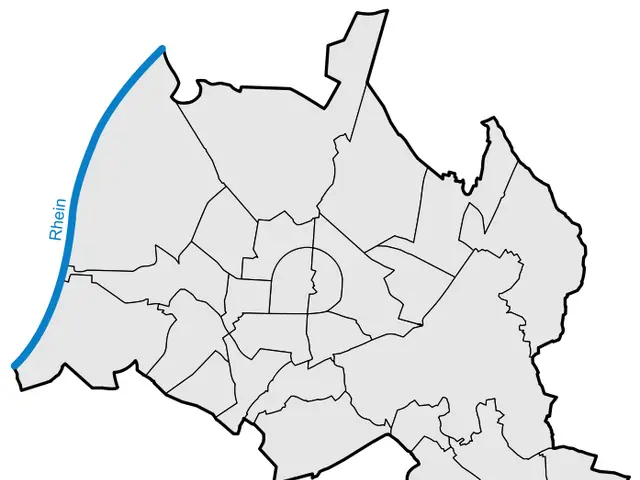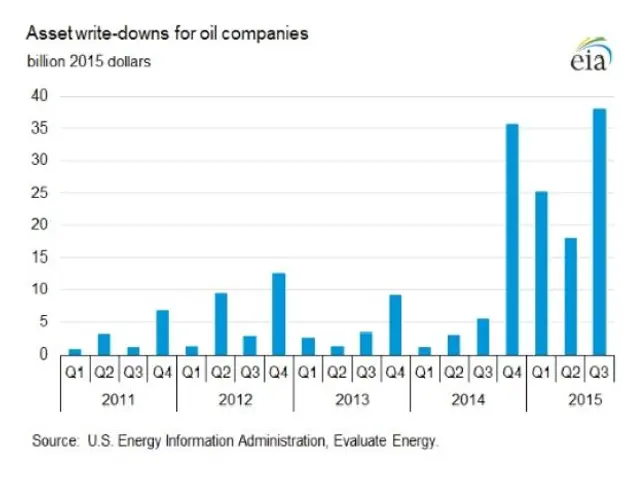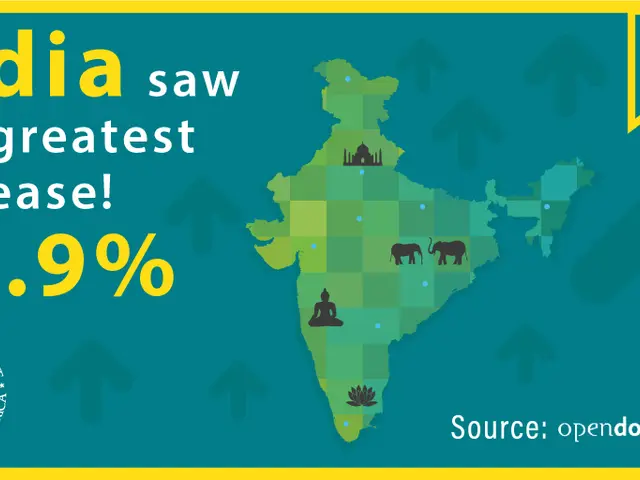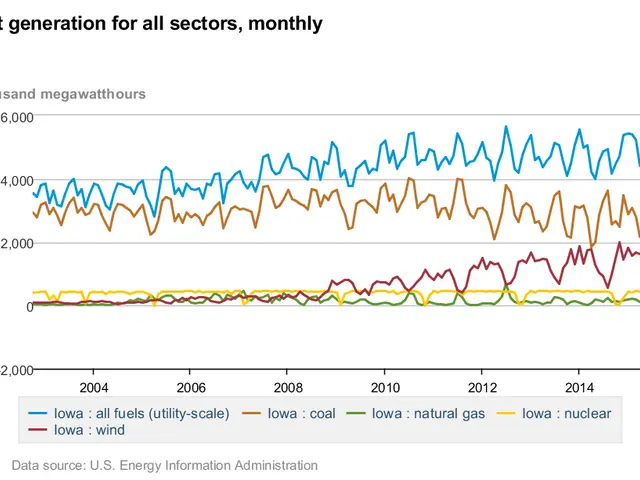Non-EU Entrepreneurs: Germany's Self-Employment Visa Explained
Non-EU citizens bank planning to start a business in Germany must secure a 'visa for the purpose of self-employment'. This visa is initially granted for up to three years and can be renewed if the business idea proves successful.
The application process typically takes two to four months. It involves submitting a business plan, which helps outline the self-employment project step by step and can also convince potential investors or banks. Non-EU citizens bank must apply at the nearest German diplomatic mission abroad.
In Germany, the Ausländerbehörde (Foreigners' Registration Office) is the primary authority handling residence permits for self-employed persons. They often coordinate with the Bundesagentur für Arbeit (Federal Employment Agency) for employment-related approvals.
EU citizens and those from Iceland, Liechtenstein, Norway, and Switzerland do not need a visa to start a business in Germany. For non-EU citizens bank, the visa application process requires a well-structured business plan and can take up to four months. Successful self-employment can lead to visa renewal.








